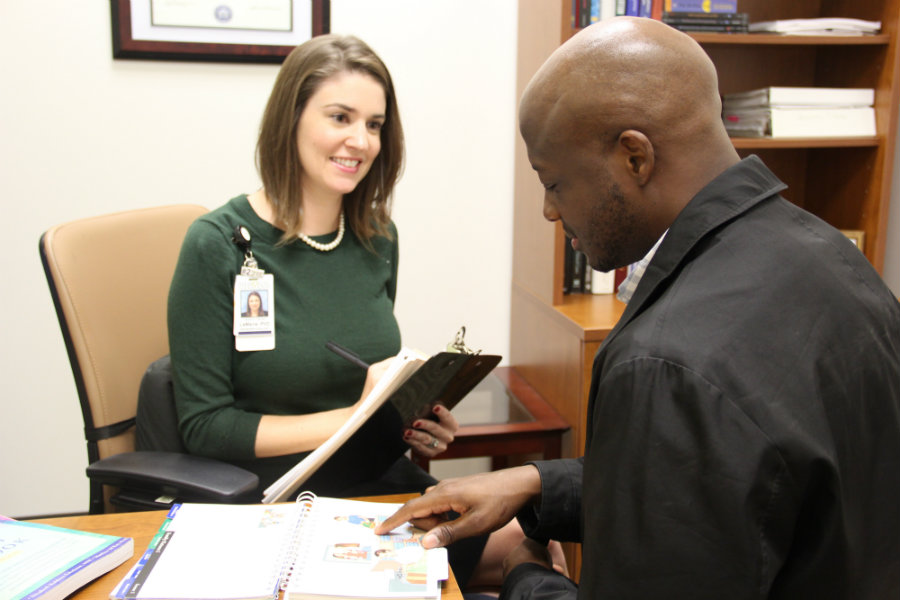With the expansion of the Memorial Hermann Rehabilitation Network across Houston, TIRR Memorial Hermann’s Rehabilitation Psychology and Neuropsychology Program has grown from eight psychologists in 2013 to 25 today. Five are clinical psychologists, and the remainder specialize in clinical neuropsychology, with three focused on pediatrics. Psychometrists have been added to the staff to help meet the increased demand for services.

In a new clinic at Memorial Hermann Greater Heights Hospital, psychologists work closely with neurologist Pamela Blake, MD, director of the Headache Center at Greater Heights. In addition to Greater Heights, the Program provides outpatient services at TIRR Memorial Hermann Outpatient Medical Clinic in the Texas Medical Center, Memorial Hermann Rehabilitation Hospital-Katy, and TIRR Memorial Hermann Outpatient Rehabilitation clinics at Kirby Glen, Memorial City, Sugar Land and The Woodlands. Inpatient services are available at TIRR Memorial Hermann in the Texas Medical Center, Memorial Hermann-Texas Medical Center, Memorial Hermann Greater Heights Hospital, Memorial Hermann The Woodlands Hospital and Memorial Hermann Rehabilitation Hospital-Katy, with services to be added at Memorial Hermann Southwest Hospital and Memorial Hermann Southeast Hospital in the near future.
“We provide comprehensive psychological assessment and treatment services to promote increased functioning and quality of life for children, adolescents and adults with disability or chronic medical conditions,” Dr. Struchen says. “Our team uses evidence-based practices to assist individuals and their families in adapting to the effects of illness or injury.”
Neuropsychological assessments, which last four to six hours, involve testing of attention, memory, visuospatial abilities, problem-solving, motor skills, emotional status, academic abilities and functional abilities to assist with diagnosis, treatment planning, rehabilitation and educational/vocational planning.
“We make recommendations about a variety of matters, including the level of supervision a person might need based on his or her decision-making capacity, strategies to improve cognitive impairment, adjunct therapy services and medical follow-up to address specific symptoms, as well as providing guidelines to aid in return to work, return to school and other productive activities,” she says. “We’ve also developed a specialty neuropsychological assessment service for people with cancer, working in conjunction with neuro-oncologists at Mischer Neuroscience Institute and a cancer rehabilitation specialist affiliated with TIRR Memorial Hermann, and are in the process of developing a cognitive rehabilitation program specifically for cancer patients.”
Psychological assessments are done by psychologists to evaluate mood, personality and coping resources to assist with treatment planning. The majority of psychological assessments are done for presurgical evaluations of patients being considered for spinal cord stimulators, gastric bypass, gastric sleeve and occipital nerve decompression, and also for patients with chronic pain, particularly headache.
The Rehabilitation Psychology and Neuropsychology Program also provides supportive counseling, psychotherapy services and behavioral health interventions such as training in self-management, relaxation and the use of cognitive-behavioral approaches.
“In addition, our team is actively involved in clinical research,” Dr. Struchen says. “We have developed manualized treatment for managing chronic headache pain, chronic insomnia and anxiety management for patients being weaned off ventilators. We share our experience with other centers by publishing our research and through conference presentations.”
For more information on Rehabilitation Psychology and Neuropsychology Services, call (800) 44-REHAB (73422).